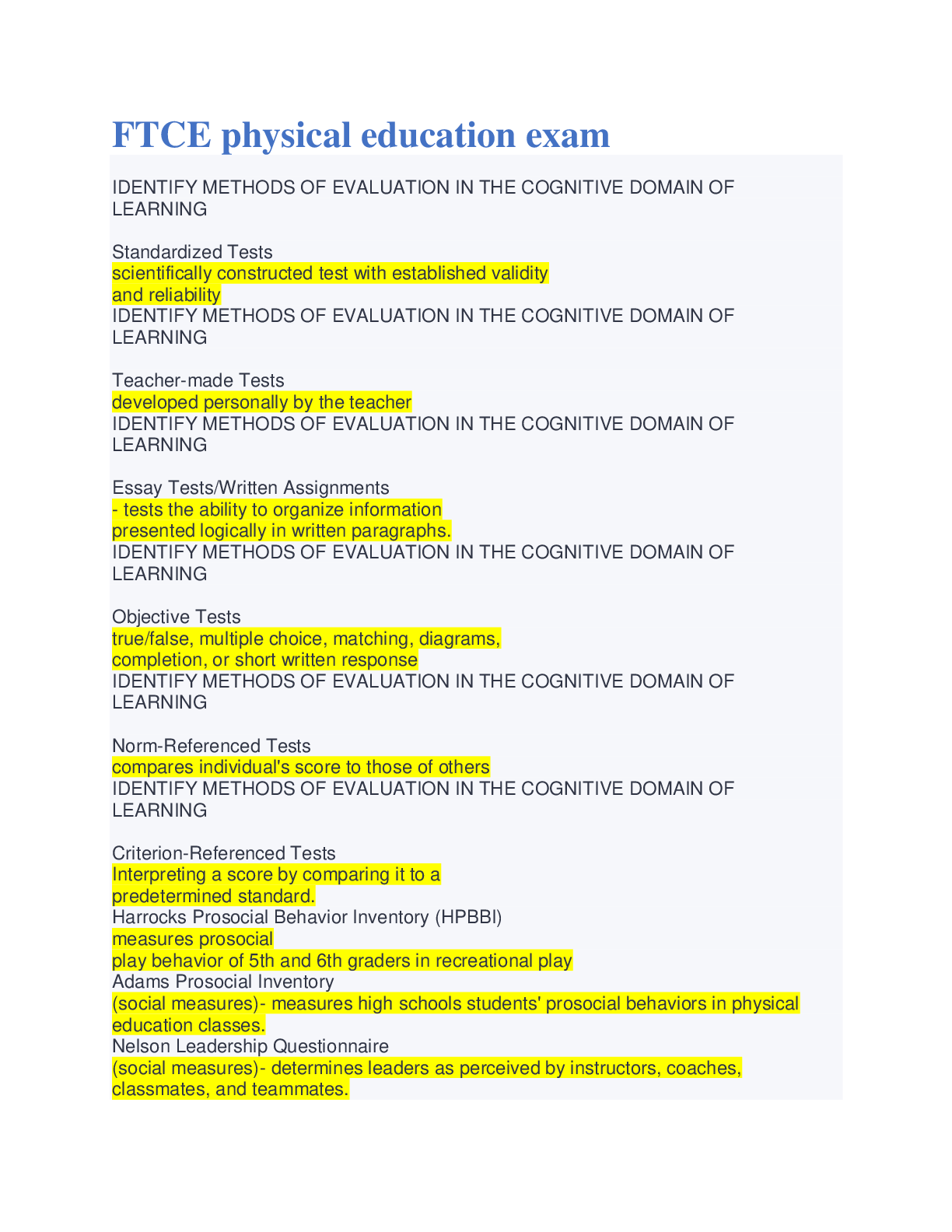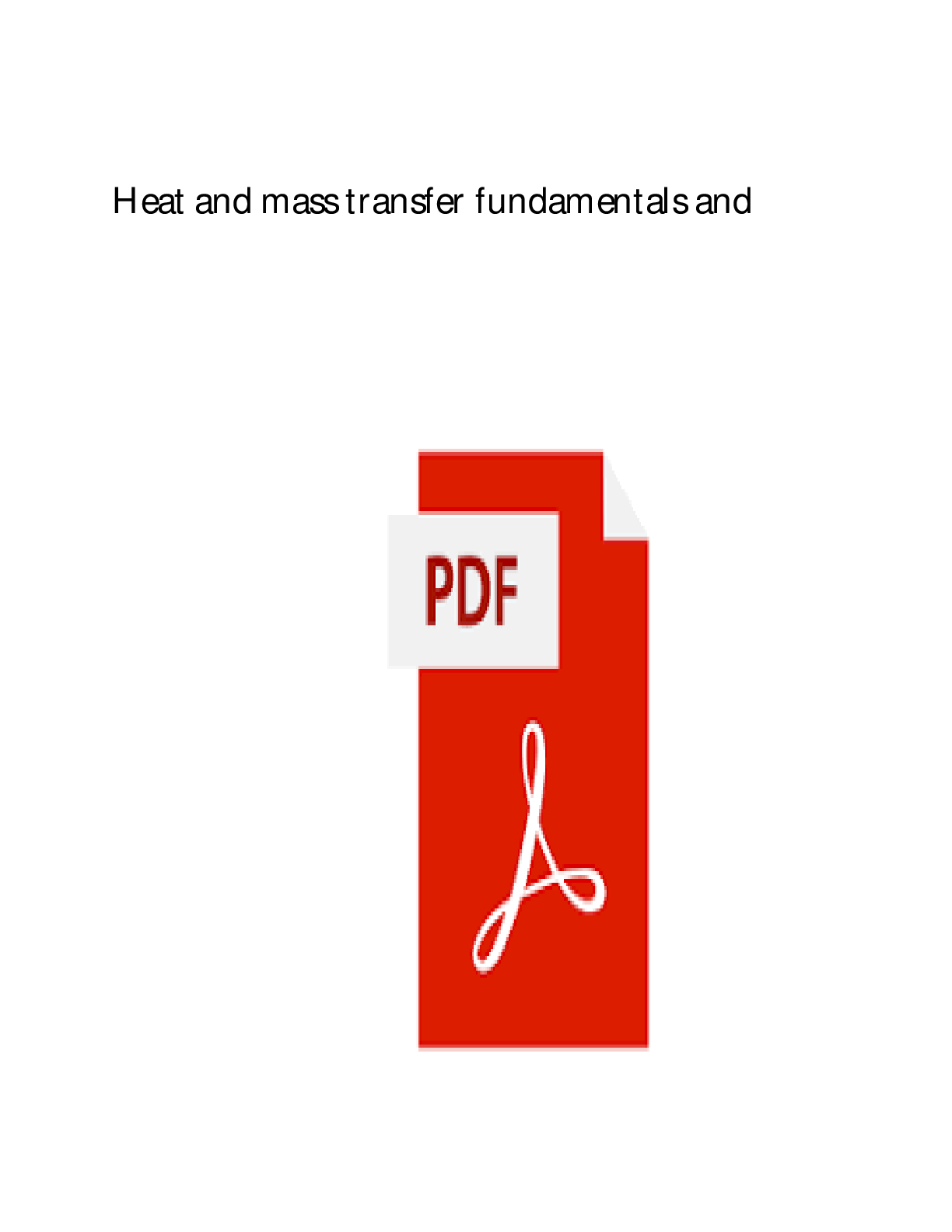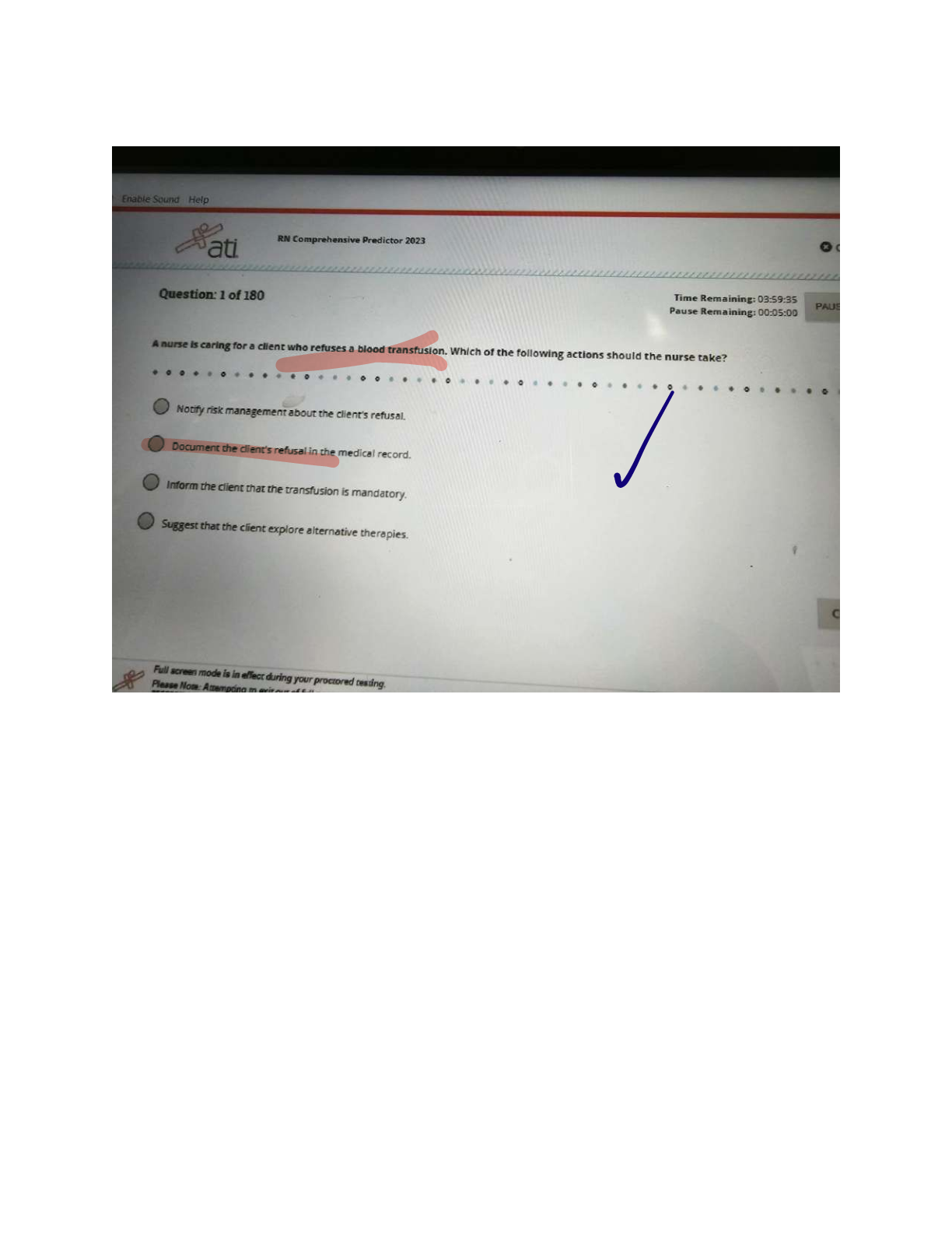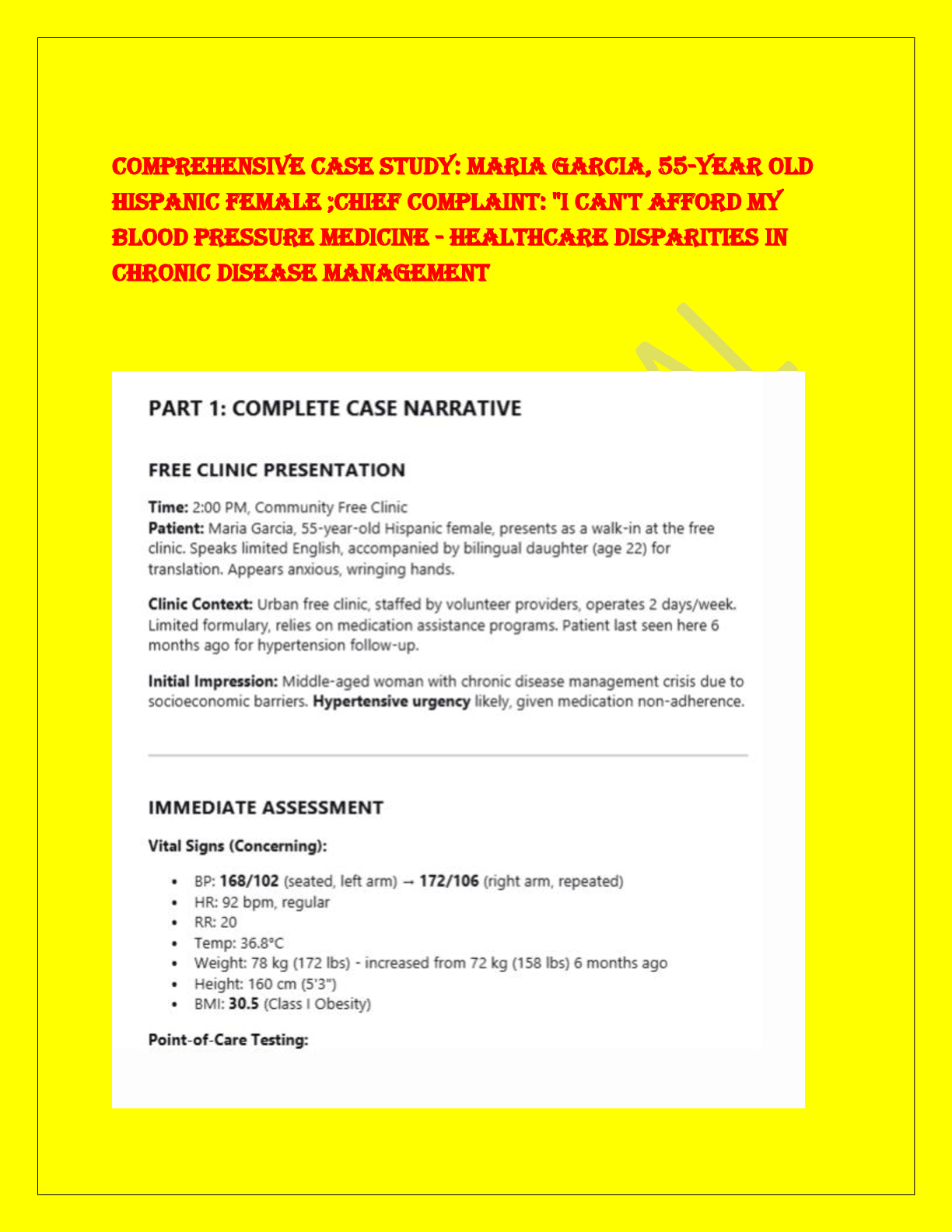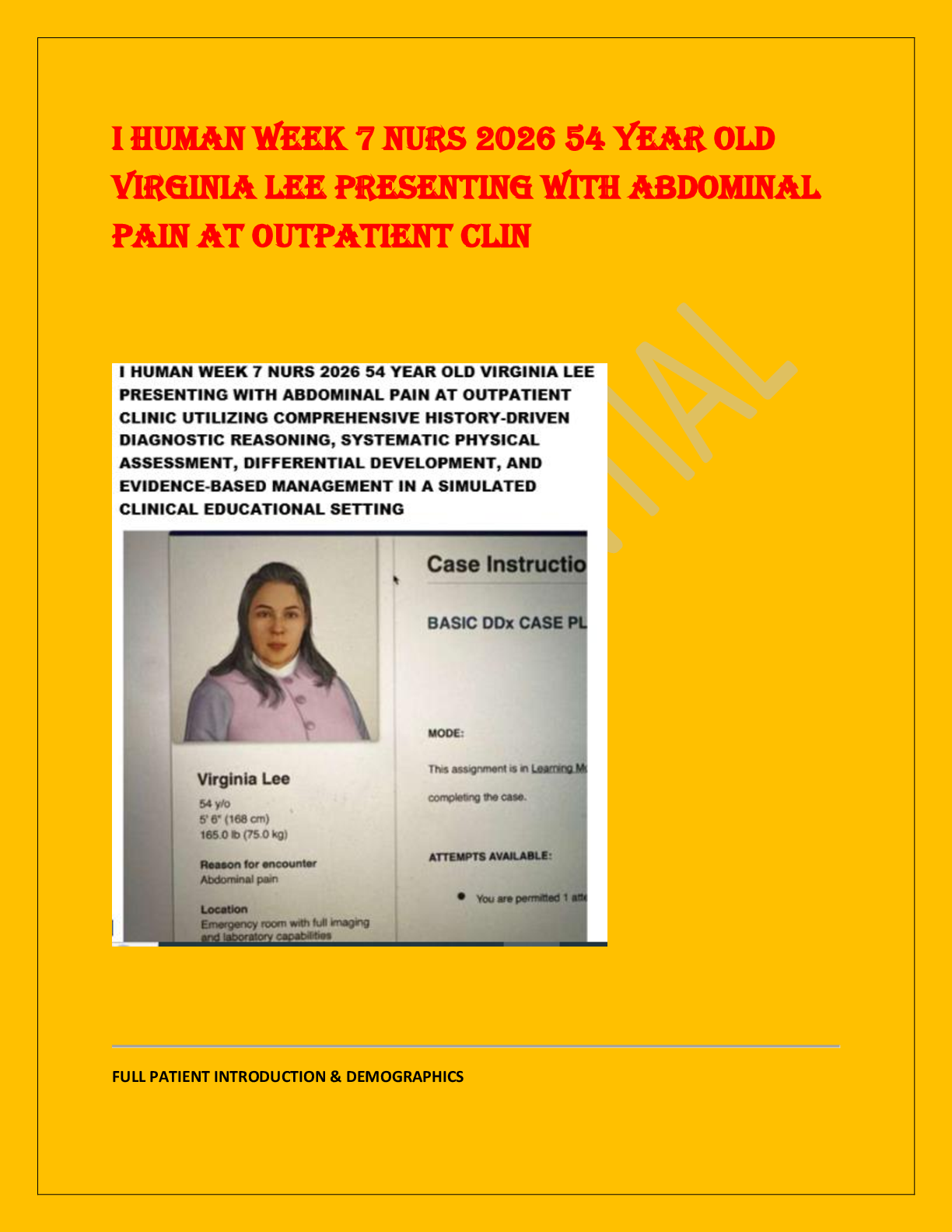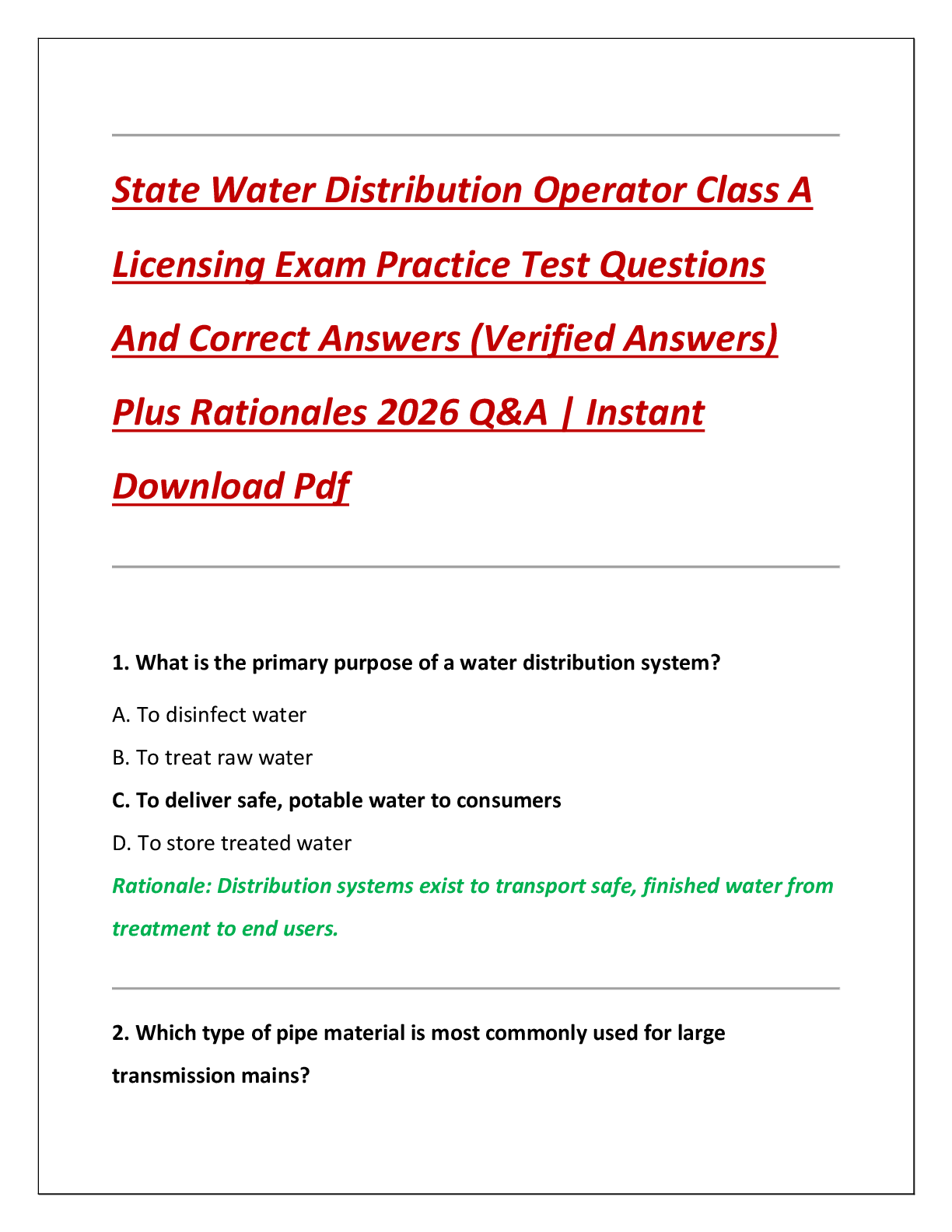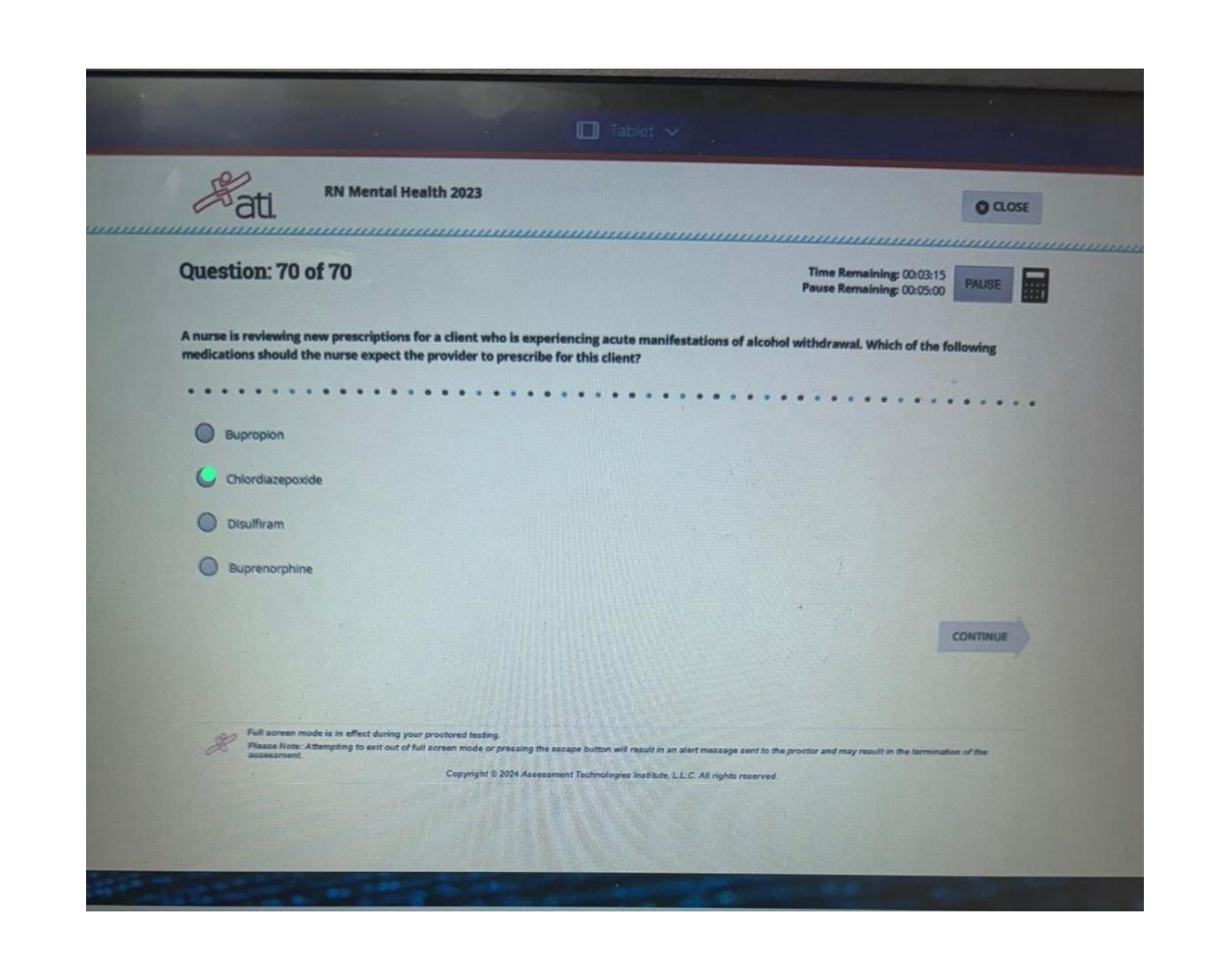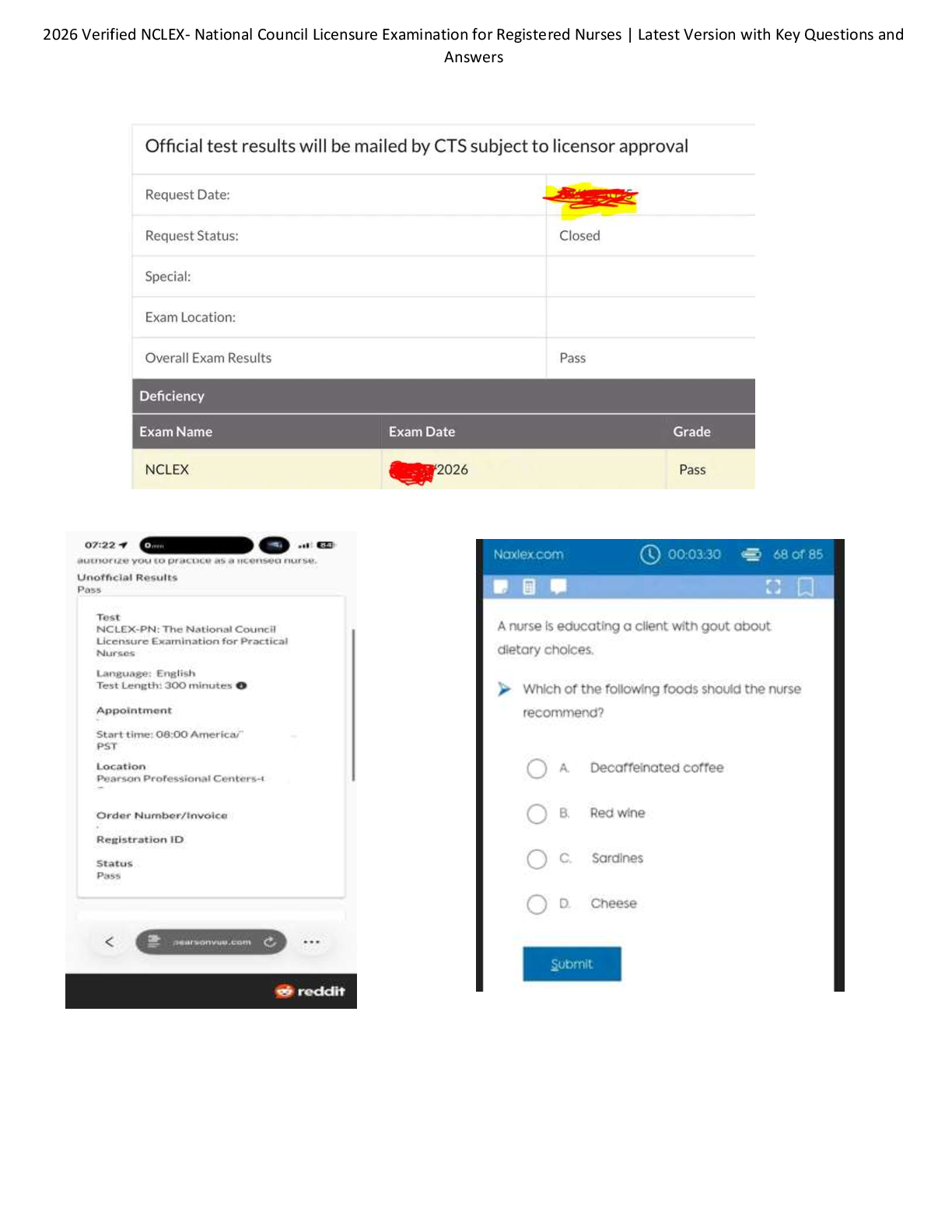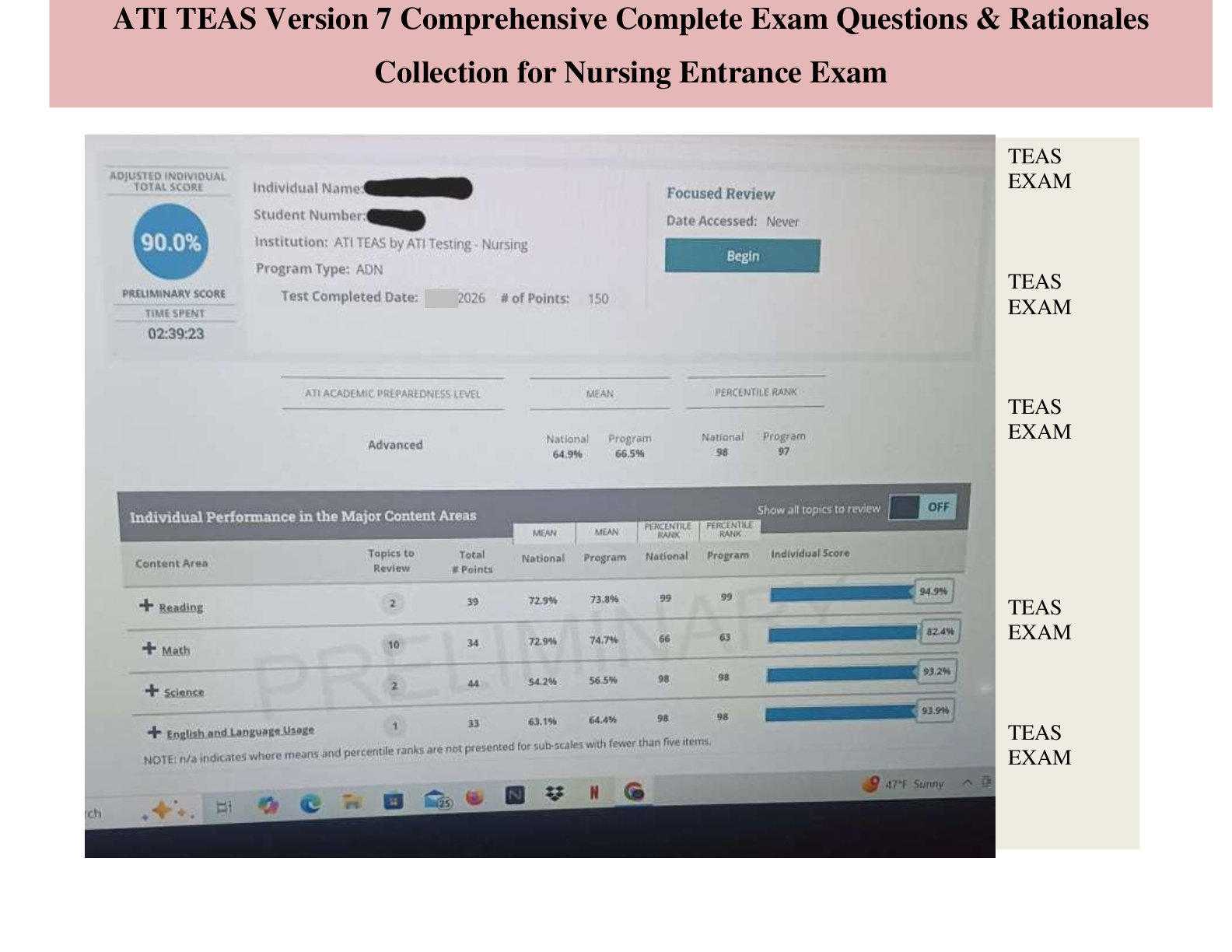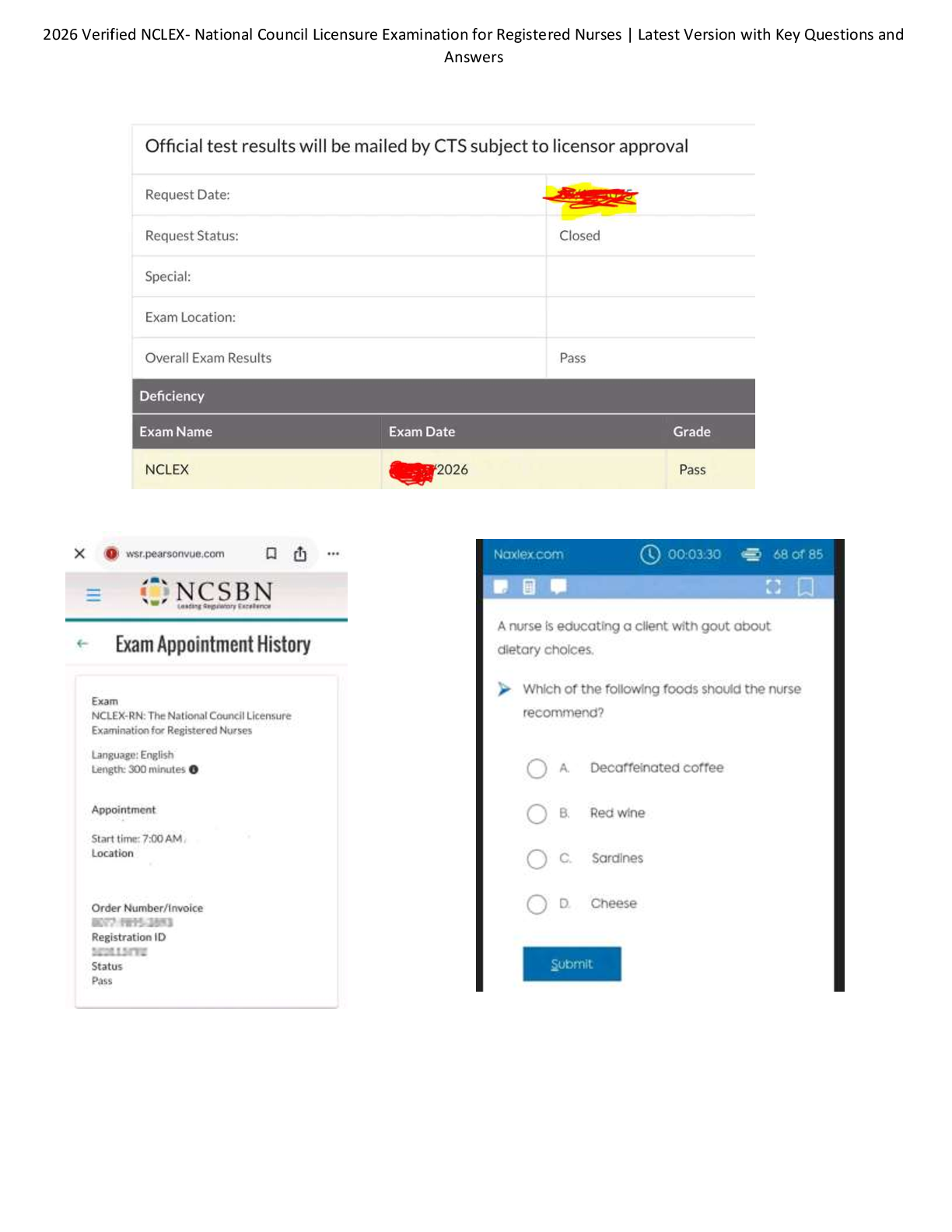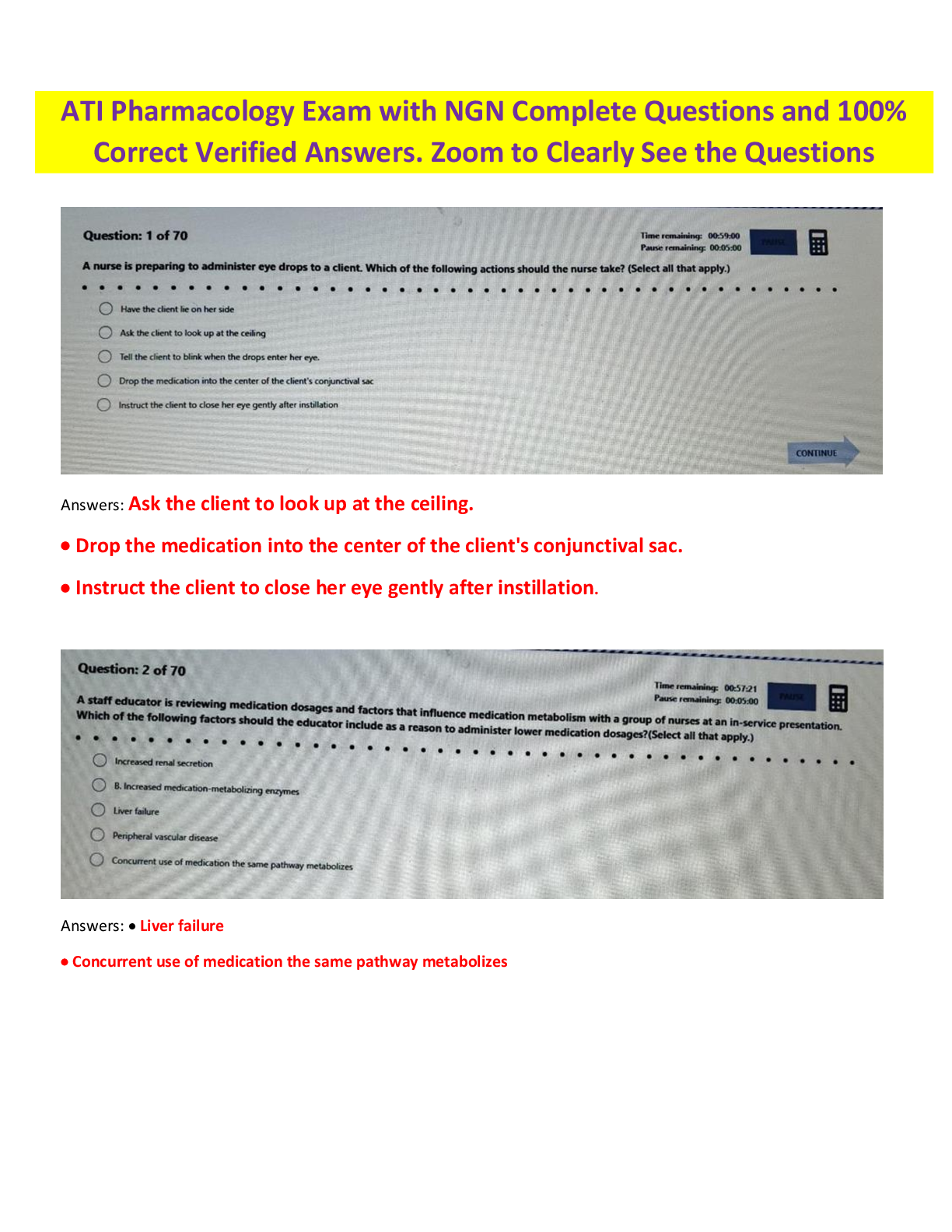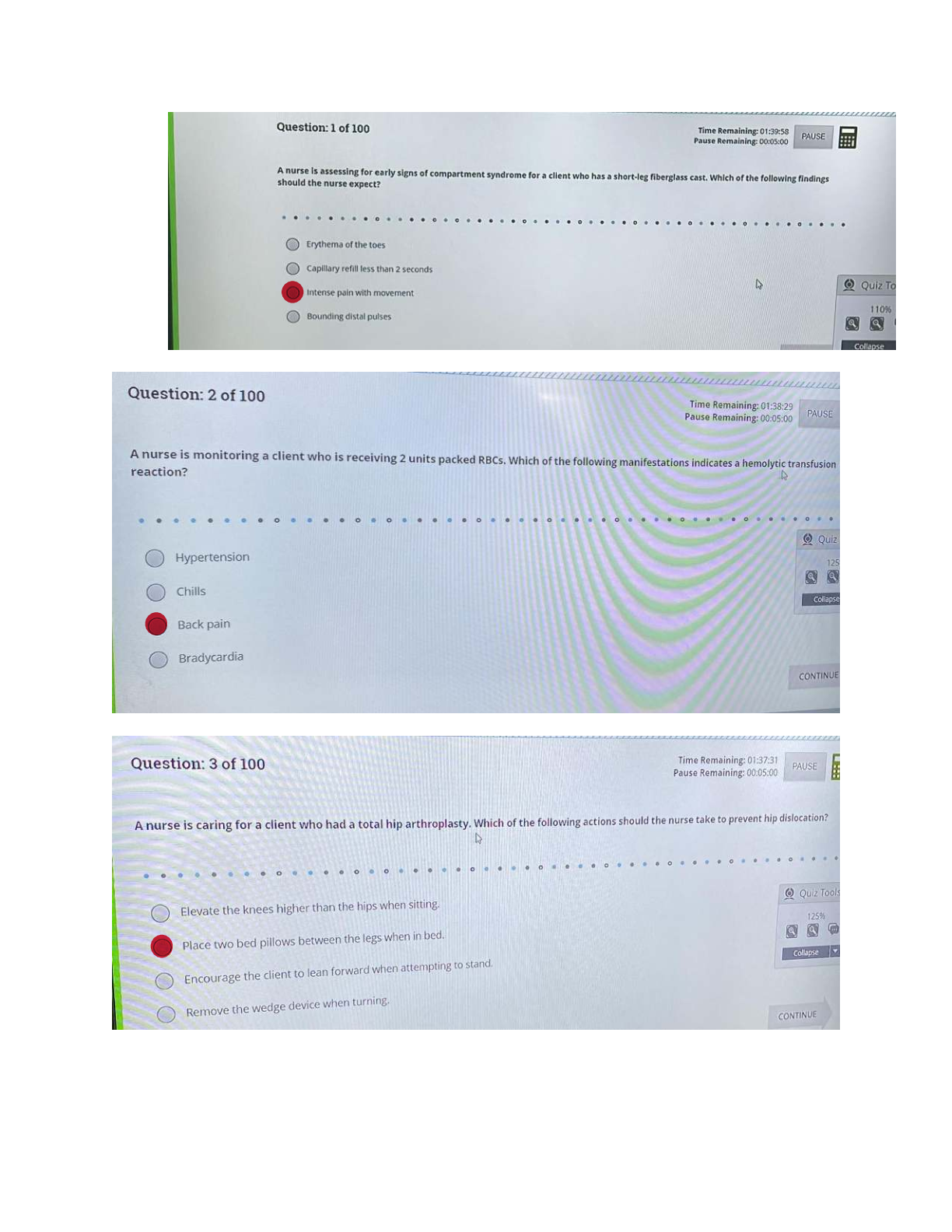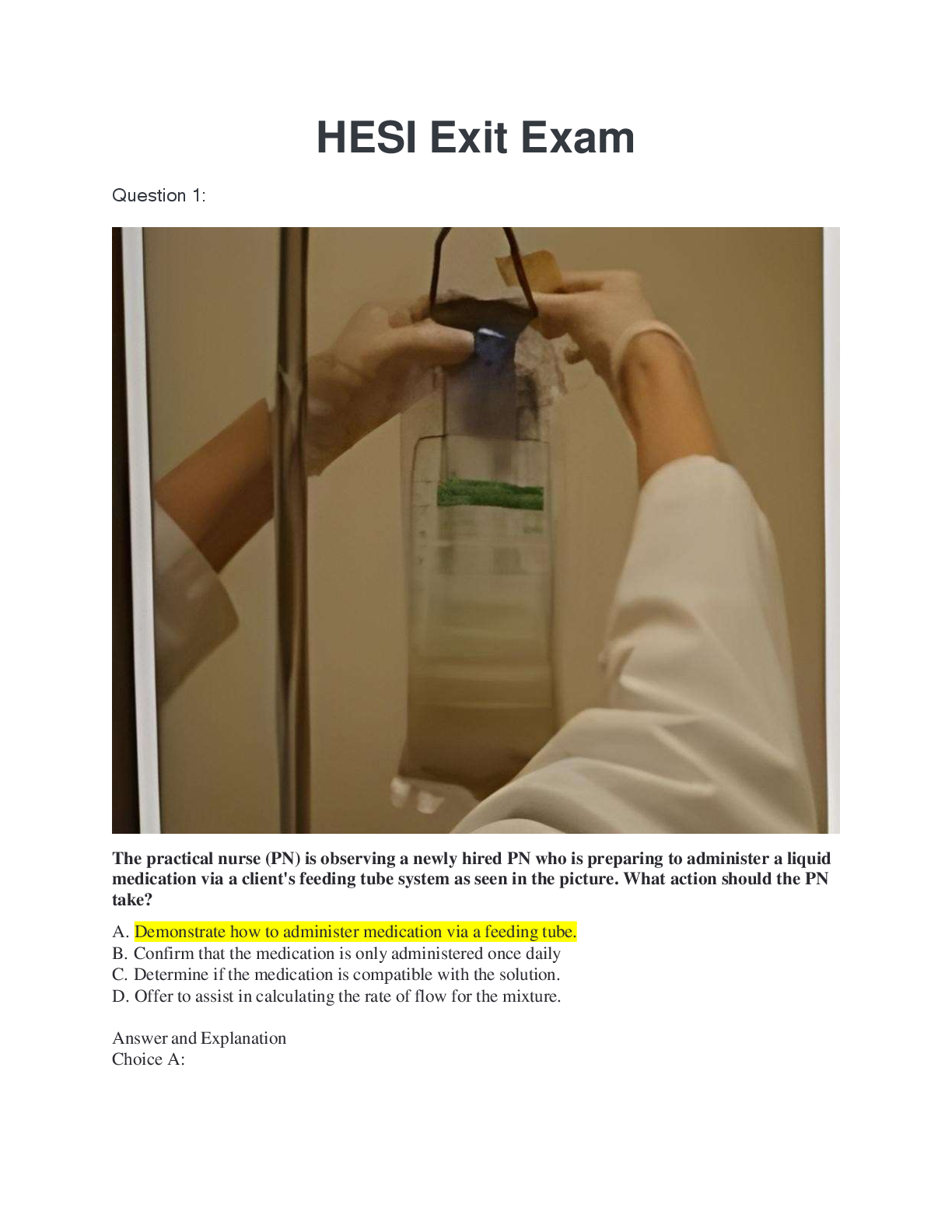Neutralization Correct Answer: Antibodies will bind to viral particles and prevent them from being able to bind to viral receptors on the cel; surface.
opsonization Correct Answer: The pathogen will be coated in ant
...
Neutralization Correct Answer: Antibodies will bind to viral particles and prevent them from being able to bind to viral receptors on the cel; surface.
opsonization Correct Answer: The pathogen will be coated in antibodies. The coating is recognized by macrophages that have receptors for the Fc region of the antibody. The antibodies are then recognized by the phagocyte and the pathogen will be ingested and killed.
complement fixation Correct Answer: Antibodies will bind to the surface of microbes and this will lead to the recruitment of complement proteins that will puncture a hole in the microbe and kill it.
antibody depedent cellular cytotoxicity Correct Answer: in this pathway, the viral particle in the cell will release spikr proteins that will be located on the surface of the cell. Antibodies will bind to the spike protein. The Fc region will be recognized by NK cell that will release granules that will kill the effected cell.
IgG, D, M, A, E Correct Answer: IgG= general footsoldiers
IgD= lungs
IgE=worms and allergies
IgA= gut--protected from proteases
IgM= can bind 10 microbes. Used in the complement system.
Attacking self--complement fixation Correct Answer: In this pathway, RBCs and epithelial cells have self receptors. IgG binds to the self receptors on the RBCs and IgM binds to the self receptors on the epithelial cells. This results in the recruitment of complement proteins that will lyse the cells and kill them. We do not want this.
attacking self-opsonization Correct Answer: antibodies will bind to antigens on the RBCs and then a macrophage will be signaled to come and kill the cell. When our own cells are coated with antibodies it leads to phagocytosis of our own cells.
attacking self--inflammatory response Correct Answer: in this pathway, it is a combination of complement and opsonization. First an Ig will recognize the self protein on the cell. This will leads to complement fixation in wich complement proteins are recruited. C3a and C5a are the inflammatory complement poteins. They act similarly to TNF-a and IL in that they recruit leukocytes from the blood stream leading to inflammation. Once the neutrophil enter the tissue, it will recognize the Fc region of the antibody (opsonization). It will attempt to kill the cell, but since it is locked in place, the NK cell will be unable to kill it=frustrated phagocytosis. So then neutrophil releases toxic granules that will kill the cell.
attacking self--neutralization Correct Answer: in neutralization, Ig prevents viral particles from bindin to viral receptors on the cell. When the antibodies start preventing self molecules from binding to receptors, we have problems.
[Show More]















